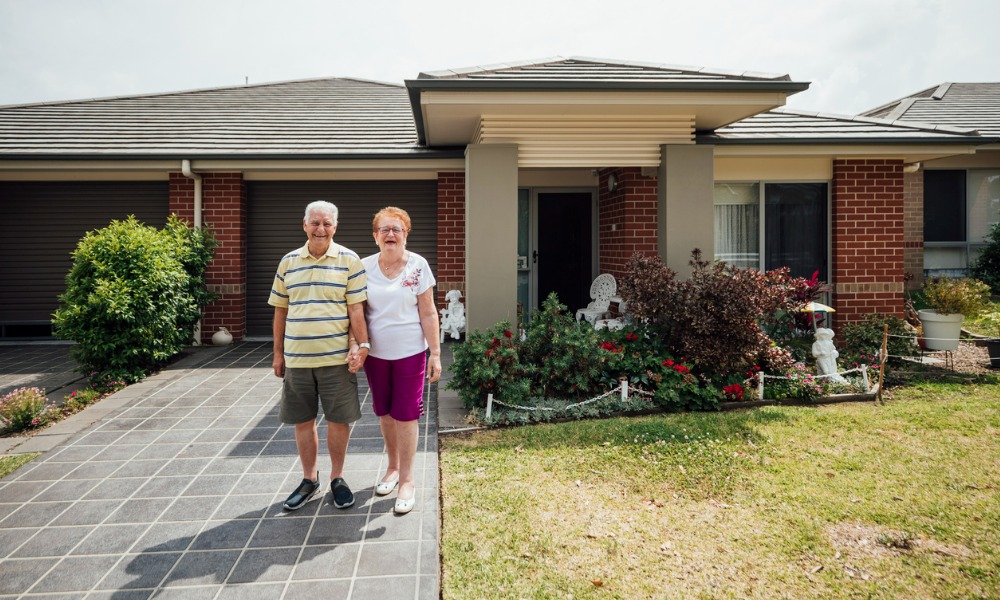AAG reveals findings of its modern retirement survey

US inflation is officially up to its highest level in four decades, and the rising cost of living and other financial pressures have left seniors worried about their future.
To understand how inflation affects seniors and their retirement, reverse mortgage lender American Advisors Group (AAG) surveyed over 1,500 participants ages 60-75. All participants were selected randomly, with age and homeownership being the only qualifying factors.
Read more: Inflation hits 40-year high – what does that mean for mortgage rates?
The survey showed that accelerating inflation was a major concern for seniors, with two-thirds (66%) of older Americans thinking that it would negatively impact their retirement. More than half (53%) said that the cost of living is higher in retirement than they had anticipated.
Not only is life more expensive for seniors, but 36% said they have less money than they thought they would at this point in their life. Additionally, 37% of seniors feel like they would need to increase their cash flow in order to retire comfortably.
“Many seniors in this country are discovering that their retirement plans aren’t working out as they had hoped, and inflation is only making that reality worse,” said AAG chief marketing officer Martin Lenoir. “With older Americans searching for ways to afford the cost of living and increase their cash flow, it’s no surprise that so many are turning towards reverse mortgages.”
Read more: Reverse mortgages can help reduce retirees’ exposure to market risks – study
With housing prices at record highs, Lenoir said that seniors across the US are tapping into their home equity and using the funds to create a comfortable retirement.
According to the National Reverse Mortgage Lenders Association (NRMLA), senior home equity exceeded $10 trillion in the third quarter of 2021. Homeowners 62 and older saw their housing wealth grow by 4%, or $396 billion.
“One of the biggest fears that workers and retirees have is running out of money in retirement and having to subsist solely on Social Security,” said NRMLA president Steve Irwin. “That’s why housing wealth should be considered with other financial assets when developing a comprehensive retirement plan.”



